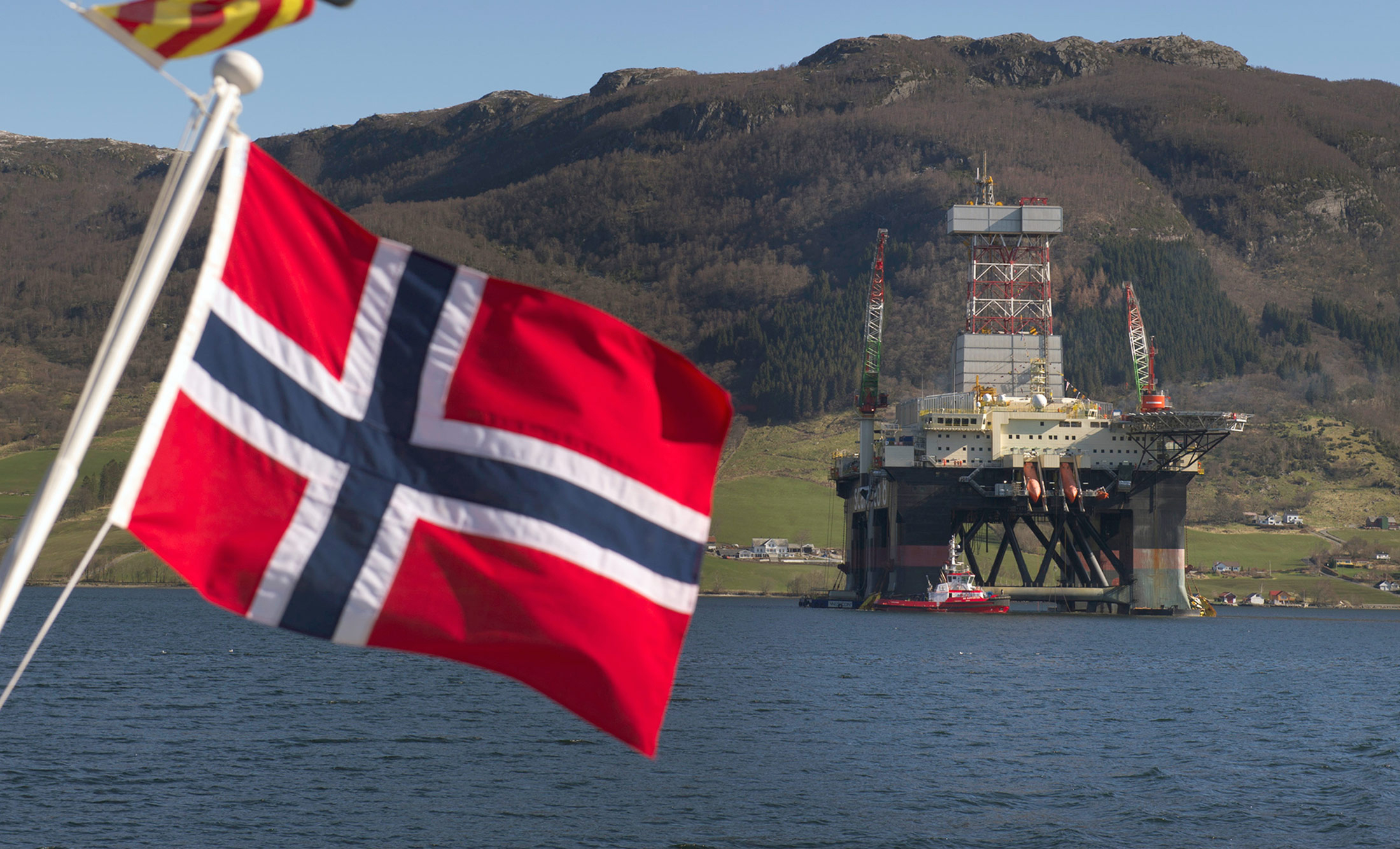Merkel’s European wake-up call is being answered in the Nordics

With Vladimir Putin in the east and Donald Trump to the west, German Chancellor Angela Merkel is now telling Europe it has to stand up for itself. It’s a call that’s already being answered by the continent’s richest region.
Sweden, Denmark, Finland and Norway have over the past two years been deepening their military cooperation to counter a deteriorating security situation in the Baltic and the Arctic. They are also forging closer ties on softer issues, presenting this week a joint initiative to meet sustainability goals, promoting the 20 million-person region’s shared values on social equality, and discussing joint interaction with China.
“There’s no doubt that Europe needs to take bigger responsibility, we have to spend more on defense and security,” Erna Solberg, Norway’s prime minister, said in an interview on Monday as Nordic leaders start a two-day summit in Bergen. Norway will ensure good cooperation “with its closest allies, and some are in the EU and some are on the other side of the Atlantic,” she said.
The Nordic summit started a day after Merkel said reliable relationships forged in Europe since the end of World War II “are to some extent over.” The German chancellor made those comments after meeting with U.S. President Donald Trump in Brussels and Sicily over the past week.
Both Solberg and Finnish Prime Minister Juha Sipila cautioned against interpreting Merkel’s remarks as a major shift.
The comments were mainly about the economic side, “that European countries should take more responsibility on the NATO budget,” Sipila said. “This message has been quite clear all the time. At the same time this means that we can cooperate more inside the European Union” and that “the window is open for defense cooperation,” he said.
The broadest shifts in policy in the region have been seen in Finland and Sweden, which unlike Denmark and Norway aren’t members of NATO. The two neighbors have intensified military cooperation and also forged closer ties with the military alliance without outright joining NATO. Finland’s proximity to Russia has excluded it from becoming a full-fledged member, while Sweden has a long-held belief that official neutrality serves it best.
All four countries have been boosting spending, with Denmark and Norway now working toward meeting the 2 percent spending goal that NATO members have been lambasted by Trump for not meeting.
Because of the different security alliances, Solberg said that closer Nordic cooperation will likely center on economic questions.
“European cooperation will become stronger going forward and then we will cooperate with those that are our closest allies, but Sweden and Finland are also close partners,” she said.
But even now Sweden is in “grave difficulties” after disarming since the end of the cold-war, according to Finnish diplomat René Nyberg, who has served as Finland’s ambassador to both Moscow and Berlin.
“There are many building blocks, which are quite solid,” Nyberg said in an interview in Helsinki May 24. “Finland’s military cooperation with Sweden has proceeded at an incredible pace, and it’s a great success. Sweden needs it — it’s not just Finland that does.”
Sipila said the cooperation “is very important for both countries.”
Trump’s talk on raising trade barriers, and the U.K.’s decision to exit the European Union, have also jolted the trade-dependent region. The U.K. was seen as a key ally within the bloc by Sweden and Denmark, two other countries that have chosen not to adopt the euro. Norway, flush with oil wealth, has rejected joining the EU altogether.
Sipila said there are “a lot” of possibilities to strengthen economic ties across the region, including setting up a single “digital market” and a bio-fuels market.
The Nordic leaders also discussed more joint cooperation in dealing with China, albeit on an “ad-hoc” basis, according to Swedish Prime Minister Stefan Lofven, as well as combating climate change.
“As the most integrated region in the world we have today agreed to further deepen our cooperation,” Lovfen said at a press briefing.
With assistance from Kati Pohjanpalo.